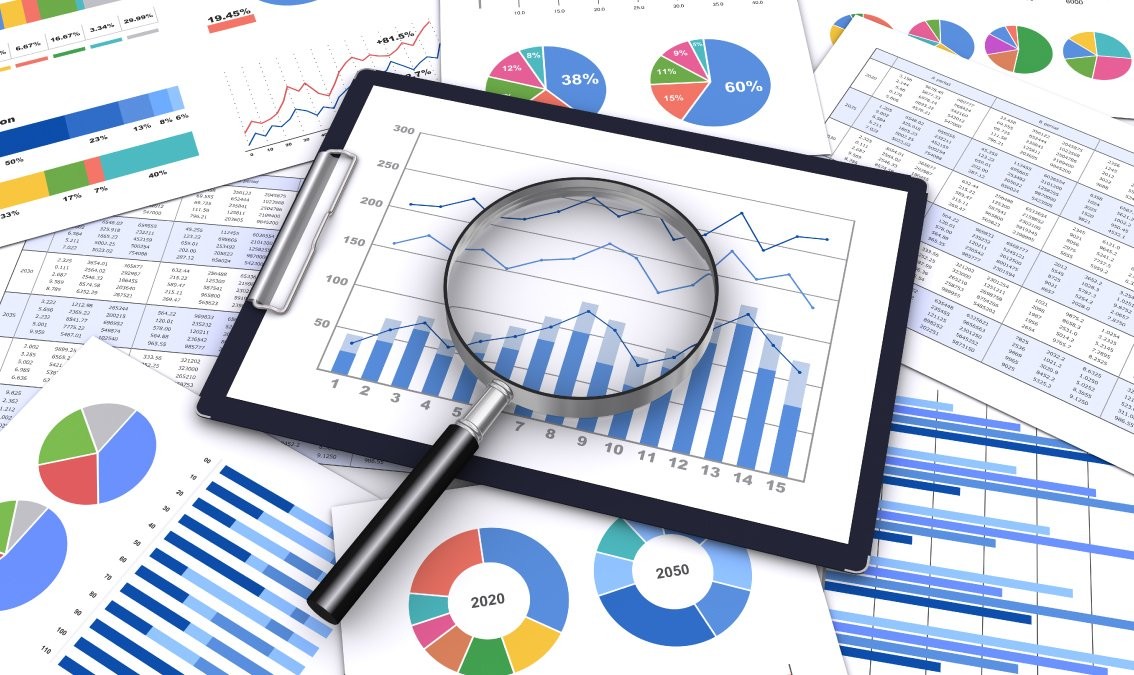In the realm of international trade, efficient and accurate data analysis is essential for businesses to remain competitive. Customs data analysis tools play a pivotal role in helping companies understand market trends, optimize supply chains, and ensure compliance with regulatory requirements. This article introduces some of the top customs data analysis tools available today.
TradeMap
Overview: TradeMap is a comprehensive tool that provides detailed trade statistics for international business development. It offers insights into import and export data, trade flows, and market trends.
Key Features:
Access to trade data from over 220 countries.
Visualization tools for data analysis, including charts and tables.
Market analysis to identify potential export markets and understand competitor dynamics.
Example Use Case: A company looking to expand its export operations can use TradeMap to identify growing markets for its products and analyze the trade performance of competitors in those regions.
Export Genius
Overview: Export Genius is a market research company that provides detailed export and import data for various countries. It helps businesses analyze trade data to make informed decisions.
Key Features:
Comprehensive trade data for more than 60 countries.
Customized reports and data visualization.
Access to detailed shipment records, including information on buyers, suppliers, and products.
Example Use Case: An import business can use Export Genius to track shipments from specific suppliers, ensuring timely deliveries and maintaining a reliable supply chain.
Panjiva
Overview: Panjiva, a product of S&P Global Market Intelligence, provides global trade data and insights to help businesses understand supply chains and market dynamics.
Key Features:
Access to detailed customs data and shipment records.
Tools for identifying and evaluating potential suppliers and buyers.
Analytics for tracking market trends and competitor activities.
Example Use Case: A logistics company can use Panjiva to optimize its supply chain by identifying reliable suppliers and understanding the trade patterns of competitors.
Datamyne
Overview: Datamyne, part of the Descartes Systems Group, offers detailed trade data and analytics to help businesses monitor and analyze global trade activity.
Key Features:
Comprehensive trade data for over 50 countries.
Advanced search and filtering options for precise data analysis.
Integration with supply chain management systems for streamlined operations.
Example Use Case: A manufacturer can use Datamyne to monitor import data for raw materials, ensuring they source materials from the most cost-effective suppliers.
Zepol
Overview: Zepol provides access to U.S. import and export data, helping businesses track shipments, identify market trends, and manage supply chains effectively.
Key Features:
Detailed U.S. customs data and trade statistics.
Tools for tracking competitor shipments and market analysis.
Export compliance solutions to ensure regulatory adherence.
Example Use Case: An export company can use Zepol to ensure compliance with U.S. export regulations and track the shipment activities of competitors.
ImportGenius
Overview: ImportGenius offers access to detailed import-export data for businesses looking to gain insights into global trade and improve their market strategies.
Key Features:
Access to shipment records from over 190 countries.
Detailed data on buyers, suppliers, and trade activities.
Tools for market analysis and competitor tracking.
Example Use Case: A retail company can use ImportGenius to identify new suppliers and analyze the import activities of competitors, ensuring they stay ahead in the market.
Descartes CustomsInfo
Overview: Descartes CustomsInfo provides comprehensive trade data and regulatory information to help businesses navigate the complexities of international trade.
Key Features:
Access to global trade data and regulatory compliance information.
Integration with supply chain and trade management systems.
Tools for tariff classification and trade compliance.
Example Use Case: A compliance officer can use Descartes CustomsInfo to ensure that all shipments meet international regulatory standards, avoiding costly delays and penalties.
Incorporating top customs data analysis tools into your business strategy can significantly enhance your ability to navigate international trade effectively. These tools provide critical insights into market trends, supply chain optimization, and regulatory compliance, empowering businesses to make informed decisions and maintain a competitive edge in the global market.
For businesses looking to optimize their trade operations, investing in these advanced data analysis tools is a strategic move. By leveraging the capabilities of these tools, companies can improve efficiency, reduce costs, and enhance overall performance in the international trade arena.
If you need further assistance or consultancy on selecting and implementing customs data analysis tools, please contact us. Our team of experts is dedicated to helping you achieve excellence in global trade operations.
Additional Benefits of Using Customs Data Analysis Tools
Improved Decision Making
By providing access to real-time data and comprehensive reports, customs data analysis tools enable businesses to make more informed decisions. This can lead to better market positioning and more effective strategic planning.
Enhanced Competitiveness
With insights into competitor activities and market trends, businesses can develop strategies to outperform their rivals. This includes identifying new market opportunities and optimizing product offerings.
Risk Management
These tools help businesses identify potential risks in their supply chains and market operations. By analyzing historical data and trends, companies can anticipate and mitigate risks more effectively.
Streamlined Compliance
Ensuring compliance with international trade regulations is critical. Customs data analysis tools provide detailed regulatory information, helping businesses stay compliant and avoid penalties.
By understanding and utilizing these tools, businesses can transform their data into actionable insights, leading to greater efficiency and success in the global marketplace. Investing in the right customs data analysis tools is an essential step for any company aiming to thrive in international trade.

 简体中文
简体中文 English
English العربية
العربية हिन्दी
हिन्दी Español
Español